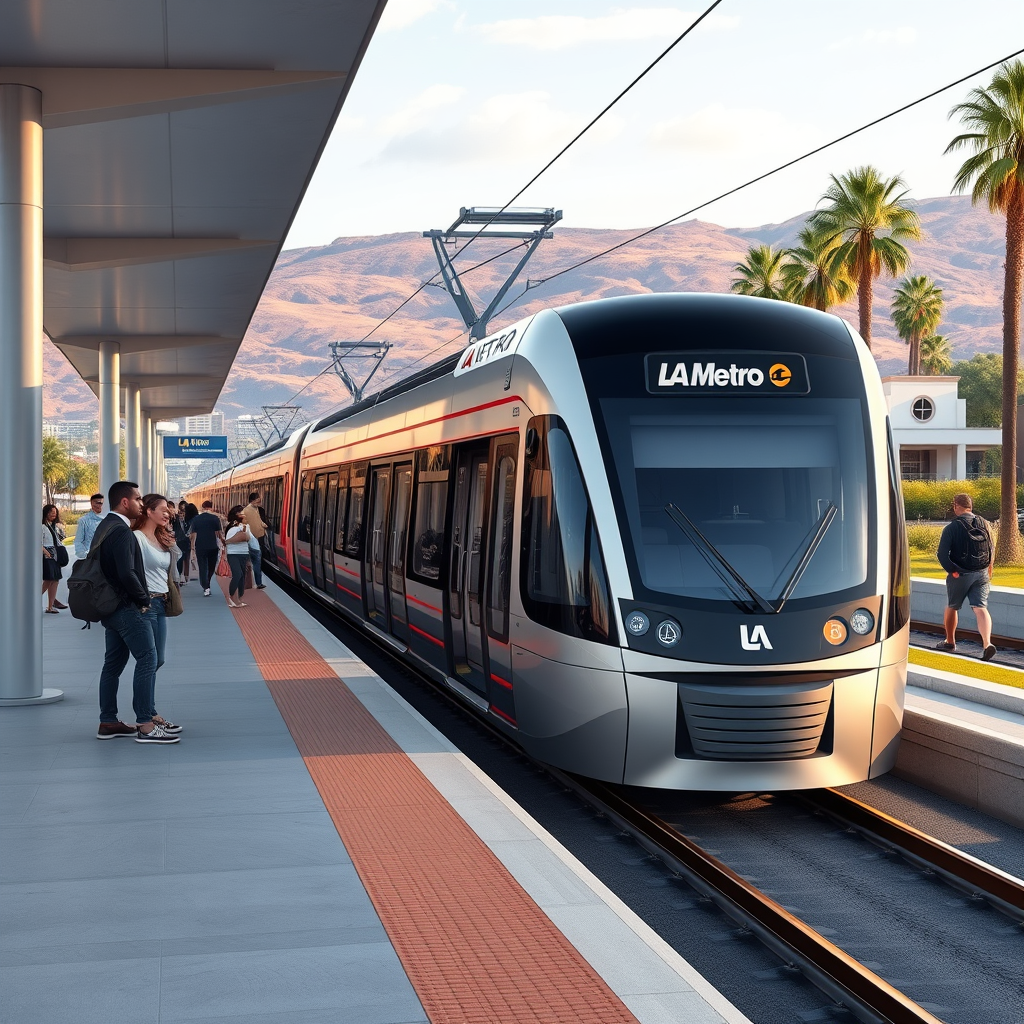MSC Invests €4.2B in Italo: Reshaping Italian Rail

This article analyzes the strategic acquisition of a 50% stake in Italo (Nuovo Trasporto Viaggiatori), a prominent Italian high-speed rail operator, by Mediterranean Shipping Company (MSC). This deal, valued at €4.2 billion, signifies a significant shift in the Italian railway landscape and underscores the growing importance of sustainable transportation solutions within the broader context of European rail infrastructure development. The acquisition reflects not only a substantial financial investment but also a commitment to enhancing Italy’s rail network and aligning with the nation’s broader infrastructure goals, as outlined in the National Recovery and Resilience Plan (PNRR). This analysis will delve into the motivations behind MSC’s acquisition, the implications for Italo’s future operations and expansion, the broader strategic impact on the Italian railway sector, and the role of sustainability in shaping this significant transaction. We will further examine the implications of this partnership for the future of high-speed rail in Italy and the wider European context.
MSC’s Strategic Investment in Italian Rail
MSC’s acquisition of a 50% stake in Italo represents a significant strategic move for the global shipping giant. The investment reflects MSC’s commitment to diversification beyond its core shipping business and a strategic foray into the rapidly growing high-speed rail sector. The €4.2 billion valuation significantly exceeds the price paid by Global Infrastructure Partners (GIP) in 2018, highlighting the increased value of Italo within the current market. This move aligns with MSC’s existing commitment to Italy, where the company was founded in 1970, demonstrating a long-term vision for growth and development within the Italian infrastructure market. The partnership with GIP, which retains a 50% stake alongside Allianz Group entities, ensures a balanced governance structure and fosters collaboration between established players in the transportation industry. This underscores a belief in Italo’s growth potential and synergy with MSC’s broader sustainability goals.
Implications for Italo’s Future Operations
The infusion of capital from MSC is expected to significantly impact Italo’s future operations. MSC’s expertise in logistics and supply chain management can be leveraged to optimize Italo’s operational efficiency. Furthermore, this investment may facilitate Italo’s expansion plans, potentially leading to increased route coverage, the introduction of new services, and improvements in passenger experience. The increased financial backing will also likely be instrumental in Italo’s ongoing efforts to improve sustainability initiatives, potentially through investments in more efficient rolling stock and infrastructure upgrades. The merger will likely lead to better integration of different modes of transport, improving overall logistics within the Italian supply chain.
Broader Impact on the Italian Railway Sector
MSC’s involvement in the Italian rail sector has significant implications for the broader industry. The acquisition could trigger increased competition and drive innovation within the Italian high-speed rail market. Furthermore, it could spur further investment in the country’s rail infrastructure, contributing to the goals outlined in the PNRR (National Recovery and Resilience Plan). This investment reinforces the growing importance of rail transportation as a sustainable and efficient alternative to air travel, aligning with broader European Union initiatives for decarbonizing the transport sector. The deal could prompt further private sector investment in railway infrastructure and operations, boosting economic growth in Italy.
Sustainability and the Future of Rail Transport
Sustainability is a central theme underpinning this transaction. Italo has consistently demonstrated a strong commitment to environmental responsibility, exceeding the industry average on the Rail Sustainability Index. MSC’s emphasis on sustainable modes of transport underscores a shared vision for the future of rail travel. This investment can accelerate the adoption of environmentally friendly technologies and practices within Italo’s operations. The focus on sustainability is not merely a public relations exercise but a strategic imperative reflecting the growing demand for environmentally conscious transportation solutions. The strategic alliance demonstrates a significant step toward a more sustainable Italian transport sector.
Conclusion
The MSC acquisition of a 50% stake in Italo marks a pivotal moment for the Italian high-speed rail sector. This significant investment reflects a strategic shift within the transportation industry, highlighting the growing importance of rail as a sustainable and efficient mode of transport. The partnership between MSC and GIP offers a robust financial foundation for Italo’s future growth, potentially leading to operational improvements, service expansions, and enhanced sustainability initiatives. The deal’s impact extends beyond Italo, stimulating broader competition and potentially driving increased investment in Italy’s rail infrastructure. The emphasis on sustainability reinforces a critical trend in the transportation sector, aligning with global efforts to decarbonize transportation networks. The long-term success of this venture hinges on the effective integration of MSC’s logistical expertise with Italo’s existing operational capabilities and the collaborative efforts of MSC, GIP, and Allianz Group to realize a shared vision for sustainable and efficient high-speed rail transport within Italy. Ultimately, this strategic move sets a precedent for future private sector involvement in European railway infrastructure development. The success of this model could influence future investment decisions, accelerating the modernization and sustainability of rail networks across the continent.




